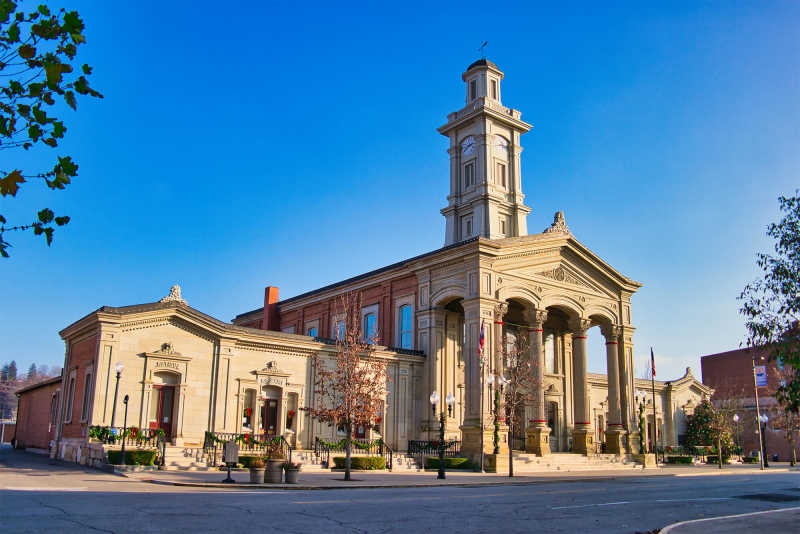Is It Legal to Display the Golf Tournament for Customers?
For many of us in Central Ohio, the week beginning with Memorial Day is synonymous with one of the world’s best professional golf tournaments. Most have probably never given a second thought to catching part of the tournament at a bar or restaurant as they go about their day. However, it turns out there are some important legal limitations that apply to publicly displaying such events at any business.
Not surprisingly, organizations that produce musical or television content almost invariably obtain registered copyright protection for the content they create. This protection is intended to cover public “performance” of a copywritten work. When a business owner turns on a television or plays the radio for their customers, that counts. As a result, unless an exception applies, playing such content for customers constitutes illegal copyright infringement.
The penalties for willful copyright infringement can be severe (including attorney’s fees and statutory damages up to $150,000 per infringement). Criminal penalties are even possible under some circumstances. So the stakes are no joke. And make no mistake, licensing organizations regularly pursue bars and restaurants for copyright infringement. For example, last year a bar in Cincinnati (and its owners) was among a group of 15 that a major licensing organization announced it was suing on just one day. Therefore, it is important to know whether an exception from copyright infringement for public display of a broadcast applies.
The most important exception for small businesses was created in 1998 in the Copyright Act. The exception was intended to cover certain casual public performances that are relatively minor nature. In order to qualify, a business must meet several very specific technical requirements.
For starters, if the business is charging for admission or to watch the programming, it is ineligible. The exception applies only to qualifying radio and tv broadcasts, such as from cable, satellite, and terrestrial sources; it does not apply to on demand streaming services. So, there is no exception for services like Netflix. Additionally, the original transmission must be licensed by the owner of the copyright, which as a practical matter means the business needs to have a commercial license with the cable or satellite provider rather than a personal home license. The broadcast also cannot be retransmitted or transmitted beyond the premises of the business.
If the above threshold requirements are met, the business might qualify if it satisfies technical requirements related to the physical size and nature of the business. For example, for most businesses larger than 2,000 square feet (not including space used exclusively for customer parking), and for food service and drinking establishments larger than 3,750 square feet:
the display must be by no more than four total devices (i.e., TVs);
there can be no more than one TV in any given room;
no screen can be larger than 55 inches diagonally; and
the audio portion cannot be by more than 6 loudspeakers, with a maximum of 4 in any given room.
A full analysis of the copyright infringement exceptions can be very complicated and nuanced. For specific guidance or questions, it is important to consult with a copyright attorney. In the meantime, you might have a new appreciation for the TV in the background at your favorite bar or restaurant that lets you catch the back nine of the tournament this year.
